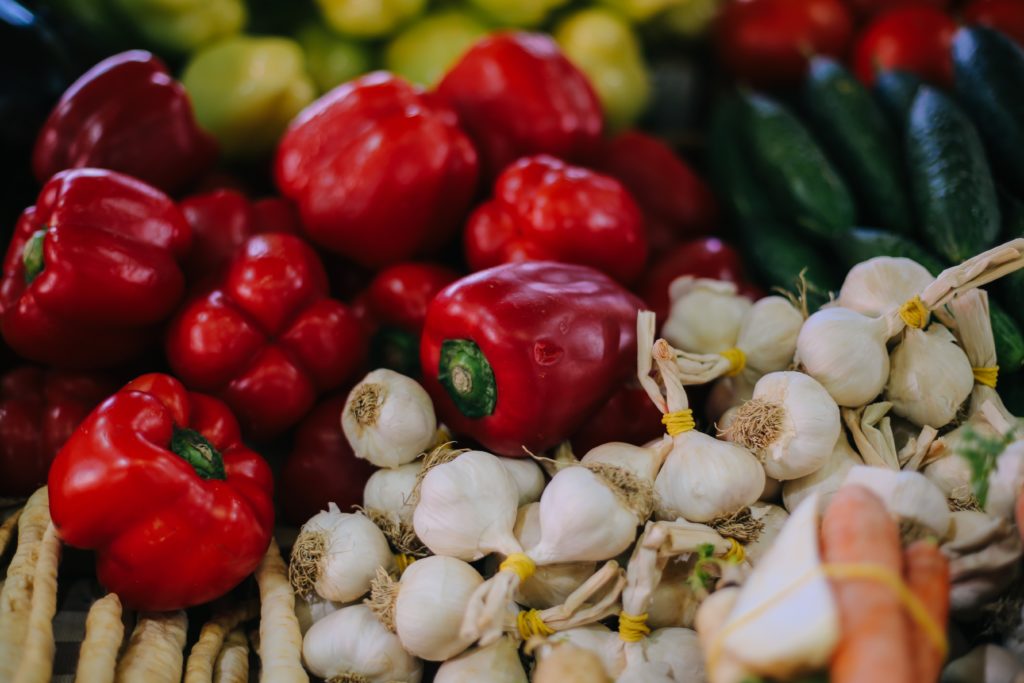My husband and I have been saving seeds every time we get organic produce, because buying seeds can get expensive! We see the news and food prices going up, supply chain issues,etc, and we have concerns, to say the least! So we save seeds to use for our Survival Garden.
Only problem is…we are both very BAD at remembering to label things!! Our Survival Garden is also going to be a Garden of Mystery, lol!
So we have all these wonderful seeds…but on some of them, we have forgotten what they were….some kind of squash, for example…but zucchini? Delacotta (we HOPE, those were truly DELICIOUS!!!), yellow squash, or butternut?
My husband, who is pretty good at getting things to sprout, recently tried a few and got some great pumpkin plants blooming out! But since it is winter, too cool to let them out, or for the bees to be around. But now that we know which those seeds are, we are set to grow pumpkins, at least!!
I was recently reading an article 50 Tips from the Great Depression, and learned some interesting information on saving seeds that I never heard of before. My survival garden is going to be late blooming this year, but better than not starting at all!
Apparently, for some seeds like tomatoes, melons, and cucumbers, it is easier to clean seeds for storage if you ferment them first. Kind of blew my mind! It seemed to me that fermentation would destroy them, but it just helps clean off the slippery coating, which also helps them grow later. If you want the process, you can check out the article here: https://www.askaprepper.com/50-tips-great-depression/
This article was originally written by Claude Davis, who wrote The Lost Ways books and others. They are great reference tools for anyone interested in prepping, or even just being thrifty!
This year there have been seed shortages. More people are staying home since the 2020 Covid 19 outbreak, and maybe some are just looking for something to do. But others are increasingly concerned about healthy food, or access to food at all, with supply chain issues.
Those all valid reasons to start a garden, and you don’t have to plow up your yard to do it. Many things will grow in a container. The trick with containers is–if you are in a hot region, like I am, you have to water much more often than you think! Containers dry out faster than the ground.
Plants like potatoes, and radishes, and any kind of greens can be grown inside, even, if they get enough sunlight. These plants do not depend on bees to grow food, so you can grow them year round inside. These are also good if you have concerns and don’t want to advertise to the neighbors what you are doing. In a crisis situation, people known to have goods other people need can quickly become a target.
Our main purpose is just having healthy food without breaking the bank. And it really can be done! In fact, you may get way MORE than you need, which you could sell or share, or preserve for future use!
Even if you cannot find good quality seeds to buy, you can still get them, just like I have. Before cooking your food, scrape out the seeds and spread them out on a piece of newspaper or paper towel to dry. Unless you are ready to plant–then have at it. Otherwise, once they are completely dry, so they don’t mold, package them in an envelope or glass jar. They can be kept in a cool dark cabinet, or even in the freezer.
Buy organic, whenever you can. Or at least NonGMO. There are too many health concerns linked to genetically modified foods. It can cause irreversible damage. Heirloom seeds are best, then you know they are growing what you planted, where even if a hybrid seed grows, it may not come back true to type.
A great place to get organic produce is Misfits market, and they ship right to your door with discounted prices! Not only can you get great fruits and vegetables, they now offer seafood and other options.
Feel free to check out other ideas I have found in my Health and Fitness Category here.
#survivalgarden


